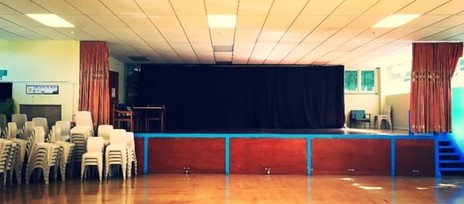Ben Lemi
aka Dawn Diver, Courtesy Caller, Lorax
A skilled multi-instrumentalist, vocalist, band leader, producer and recording engineer, Ben Lemi has spent the last two decades adding musical colour and vibrant detail to countless acts from New Zealand’s avant-garde jazz, folk, country, soul, reggae, indie rock, RnB and hip-hop communities.
In more recent years, he has often been heard playing with Vera Ellen, TrinityRoots, French For Rabbits, and Bret McKenzie while fronting his own Dawn Diver group and working at Massey University’s School of Music and Creative Media Production in Wellington.

Roy G and the Bivinators performing at Parihaka Peace Festival in 2009. Ben Lemi on bass.
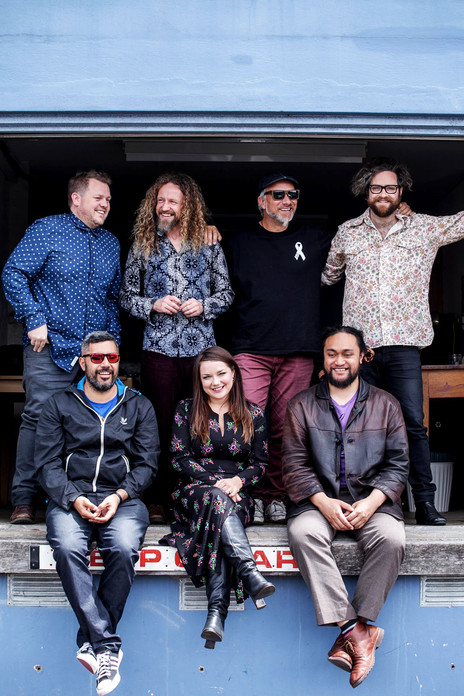
Motu: Oileáin. A collaboration between Trinity Roots and Irish friends, 2015.
Dawn Diver live video for Shades of Innocence shot at the Cook Islands Society Hall, Wellington (2018)
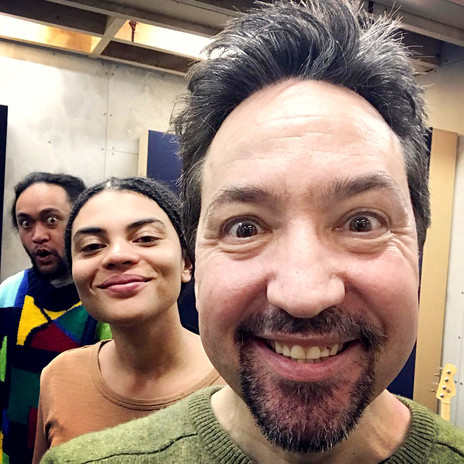
The Adults in 2018.
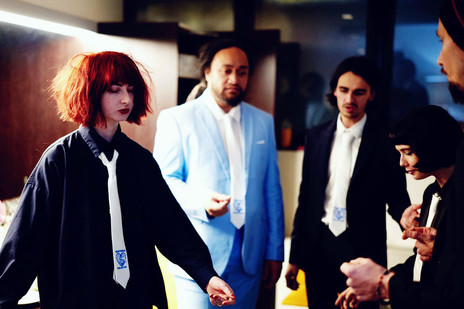
Vera Ellen at the James Hay Theatre in Christchurch, 2024.
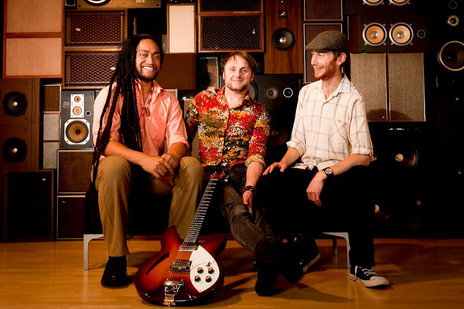
Ben Lemi with Hikoikoi.
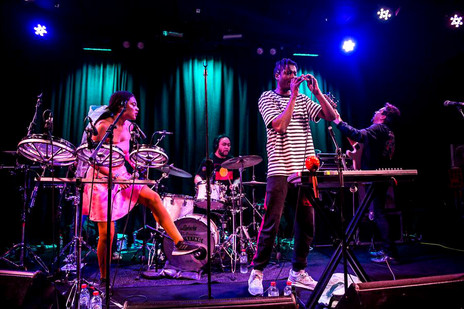
The Adults playing in Melbourne, 2018.
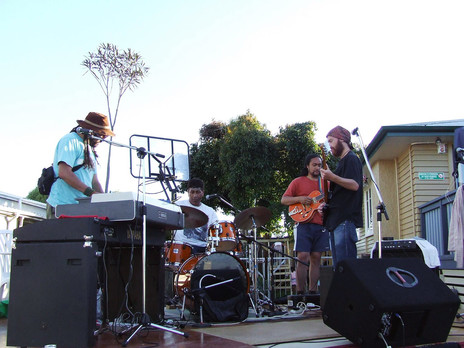
Hikoikoi and Mara TK in 2009.

Glass Vaults with Cory Champion on drums, and Ben Lemi on percussion, for their show at Meow in Wellington, 2020.
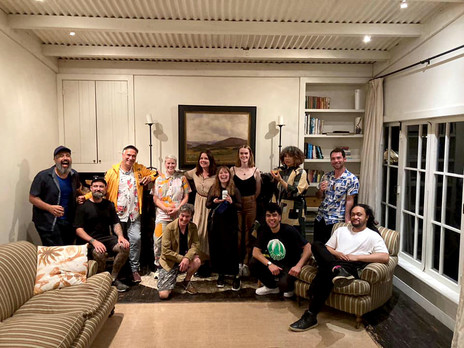
TrinityRoots expanded (2021). From left: Rio Hemopo, Tom Anderson, Warren Maxwell, Eilish Wilson, Kevin Whooley, Hollie Fullbrook, Deanne Krieg, Louisa Williamson, Leo Coghini, Lisa Tomlins, Kaito Walley
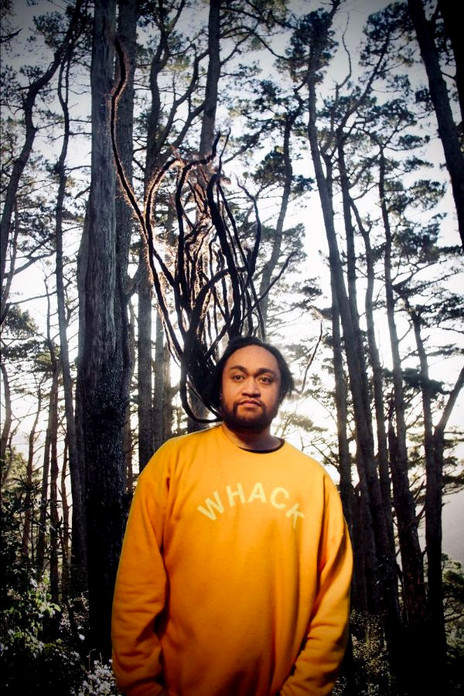
Ben Lemi in 2021.
Photo credit:
Paascalino Schaller
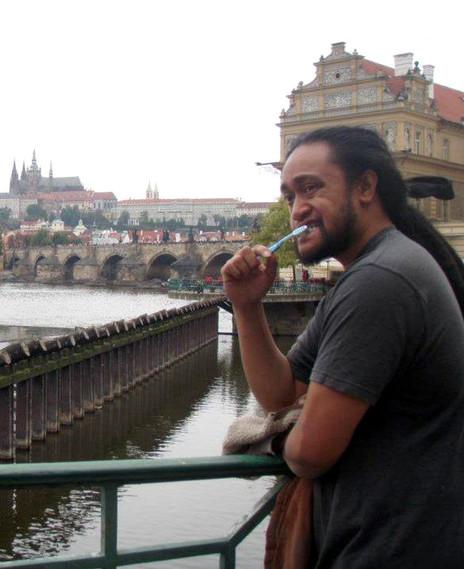
Ben Lemi in Prague, 2013.
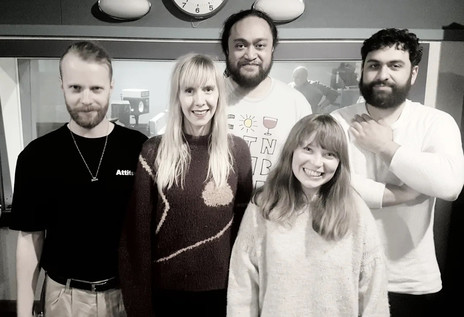
Dawn Diver for their RNZ live session in 2019.
Photo credit:
Yadana Saw
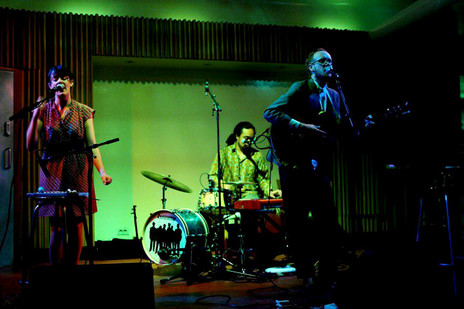
Urban Tramper performing in Brussels, 2010.
Estère, Goin' Live With Chabs And Milky from San Fran, Wellington (2021). Ben Lemi on synth and bass, and Cory Champion on drums.
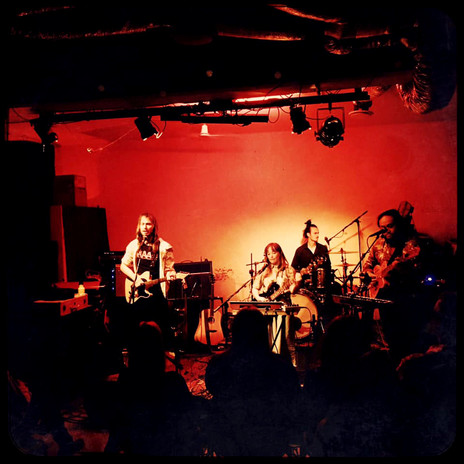
A.U.R.A live at the Wine Cellar in Auckland, 2019.
Trinity Roots with Irish Friends - Elephant Movement (2015)
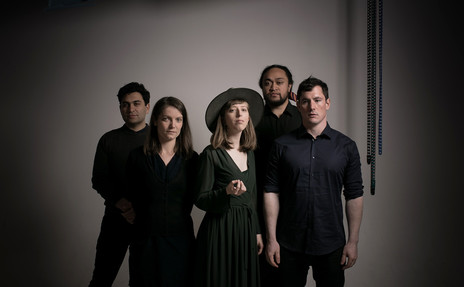
French For Rabbits, 2016. From left to right: Hikurangi Schaverien-Kaa, Penelope Esplin, Brooke Singer, Ben Lemi, John Fitzgerald
Photo credit:
Ebony Lamb
Johanna and the Mystery Band perform in the Seven Sisters concert at Te Papa for Matariki (2012)
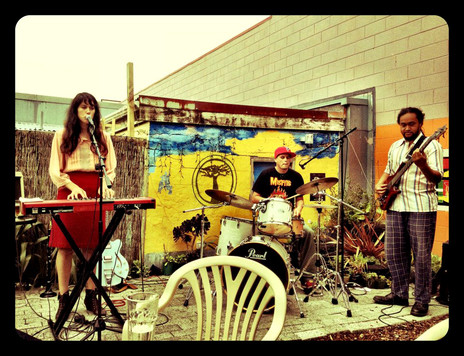
Johanna and the Mystery performing at Baobab Cafe in 2012.
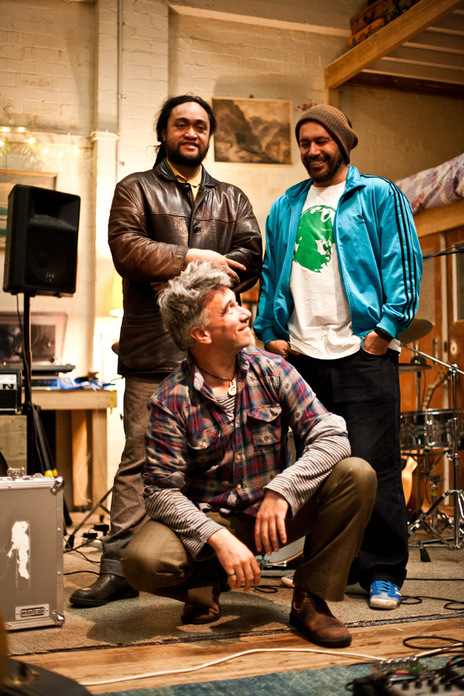
Ben, Warren and Rio at Blue Barn
Photo credit:
Photo by Pat Shepherd
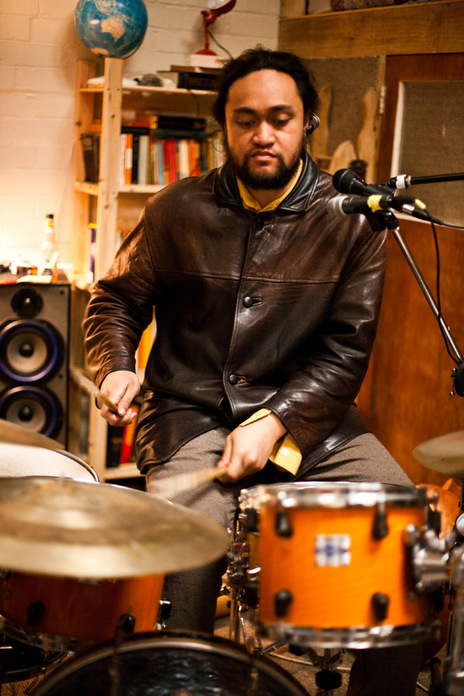
Ben Wood (Ben Lemi) in TrinityRoots
Photo credit:
Photo by Pat Shepherd
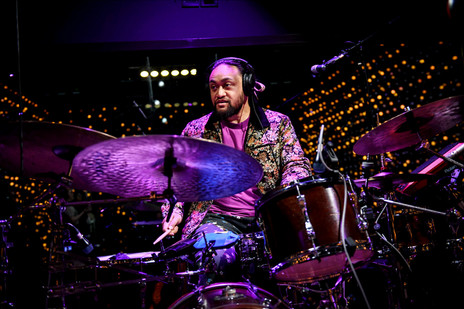
Ben Lemi playing drums for Bret McKenzie's live KEXP show in 2022.
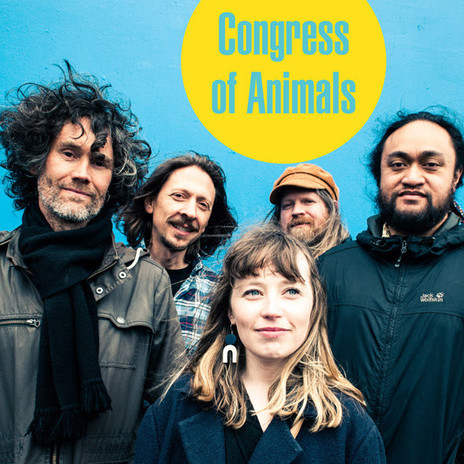
Congress of Animals.
Newtown Rocksteady live at Meow (2016)
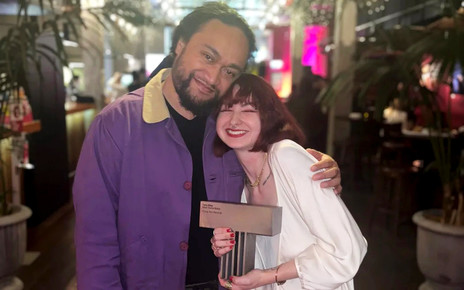
Taite Music Prize 2024 winner Vera Ellen with Ben Lemi who produced her album Ideal Home Noise.
Photo credit:
RNZ: Samuel Robinson.
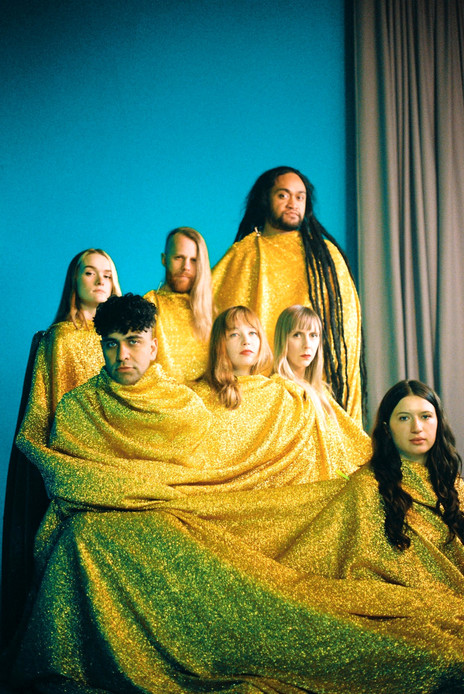
Dawn Diver is: Louisa Williamson, Hikurangi Schaverien-Kaa, Will Sklenars, Deanne Krieg, Ben Lemi, Rose Blake and Lily Shaw. 2021.
Photo credit:
Lily Paris West
Vera Ellen live on Radio One 91FM with Ben Lemi on guitar and drums (2023)
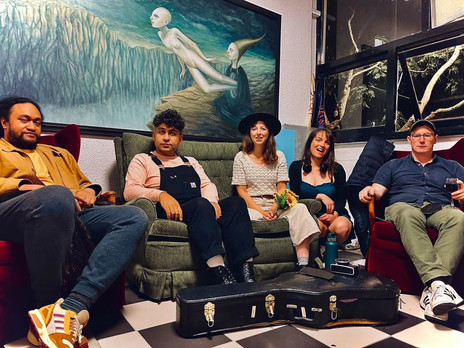
French For Rabbits on tour, 2022. Left to right: Ben Lemi, Hikurangi Schaverien-Kaa, Brooke Singer, Penelope Esplin, John Fitzgerald.
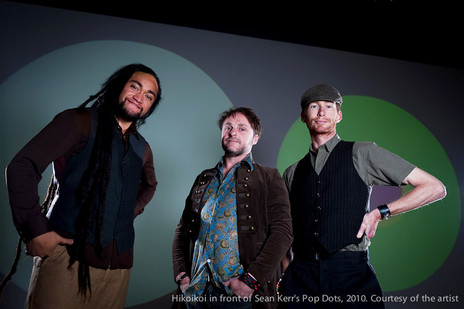
Ben Lemi, Paul Wood and Michael Duffy as Hikoikoi, 2011.
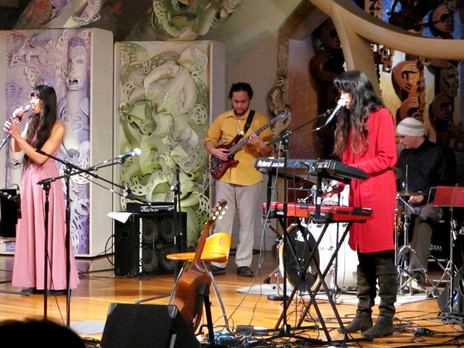
Johanna and the Mystery performing at Te Papa in 2012.
Roy G and the Bivinators live with Ben Lemi on bass (2008)
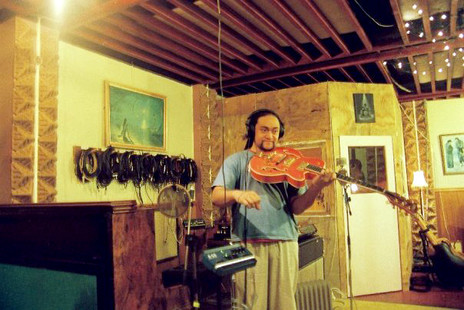
Ben Lemi at Surgery Studios in 2009 recording with Hannah Howes.

Trinity Roots.
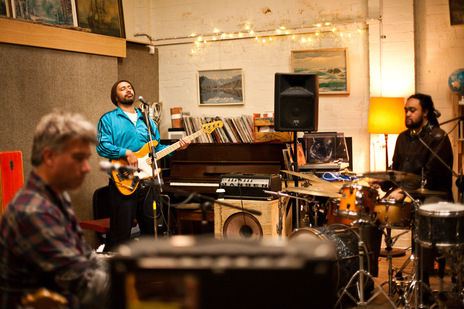
Trinity Roots: Warren Maxwell, Rio Hunuki-Hemopo, Ben Wood (Ben Lemi)
Photo credit:
Photo by Pat Shepherd
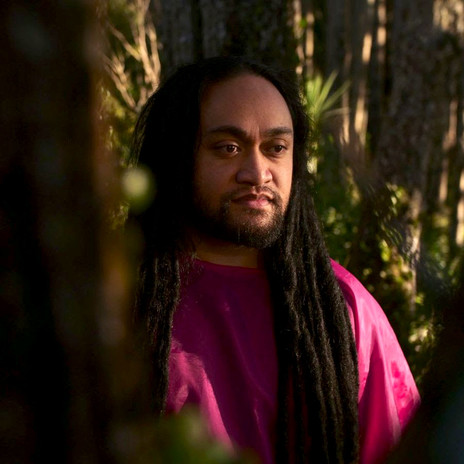
Ben Lemi in 2021.
Photo credit:
Paascalino Schaller
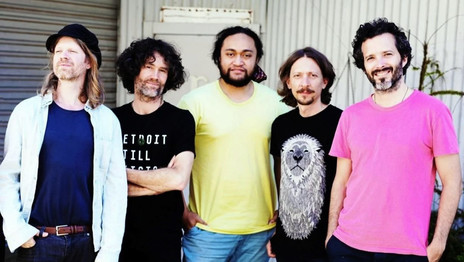
Members of The Strange Caravan Tour: Justin Firefly, Nigel Collins, Ben Lemi, Age Pryor and Bret McKenzie. 2018.
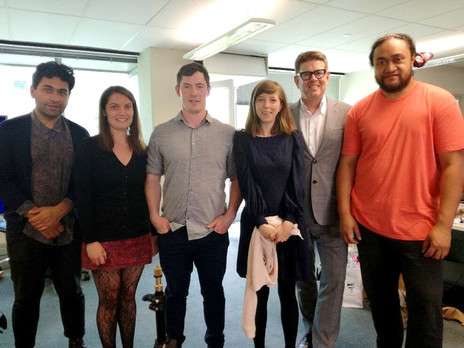
French For Rabbits with John Campbell.
Hannah Howes singing her single Muse By Your Side with Ben Lemi on drums and synth (2010)
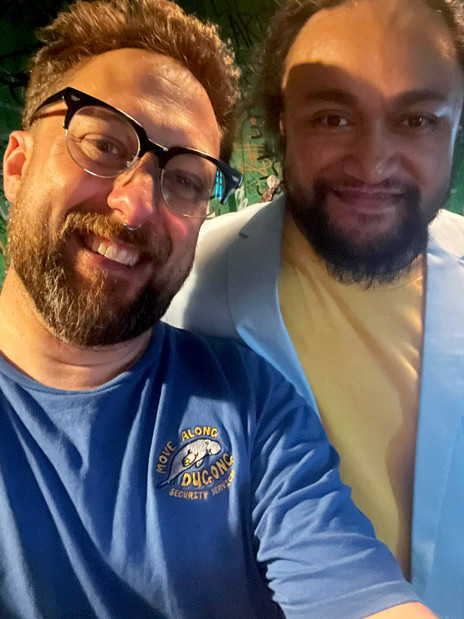
Ben Lemi and Rodney Fisher from Goodshirt in 2023.
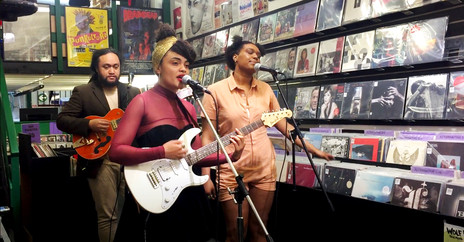
Estère with support from Ben Lemi playing at Rough Peel record store in Wellington, 2020.
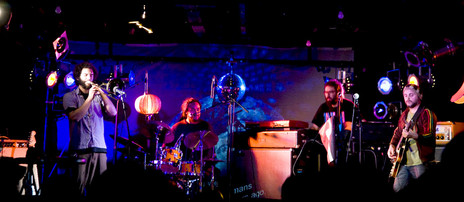
Hikoikoi.
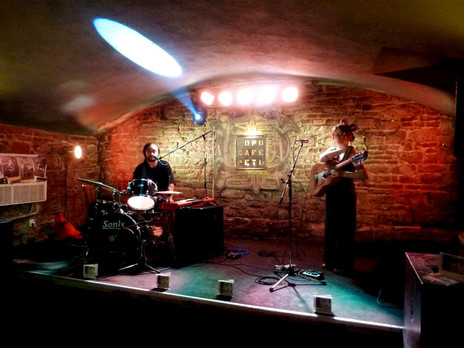
Hannah Howes and Ben Lemi in Prague, 2011.
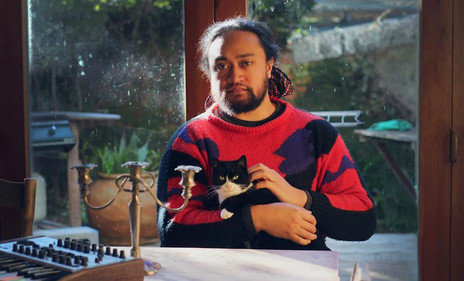
Ben Lemi in 2018.
Photo credit:
Brooke Singer
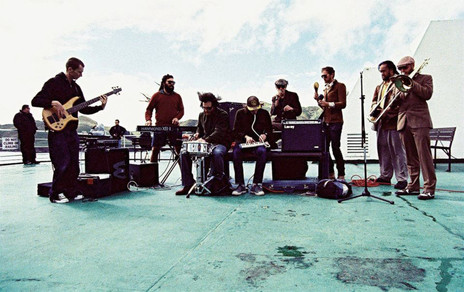
Newtown Rocksteady on the Bluebridge ferry, 2012.
Newtown Rocksteady - Something to Say official music video (2013)
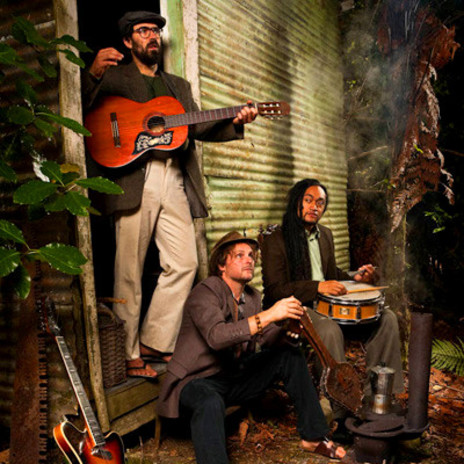
Ben Lemi with Hikoikoi
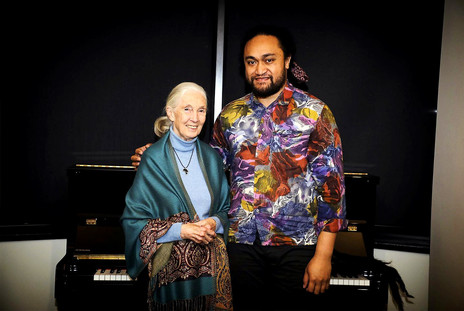
Ben Lemi with Jane Goodall in 2019. Trinity Roots shared the stage with Jane Goodall, who spoke to a full house at the Michael Fowler Centre in Wellington as part of her Rewind The Future seminars.
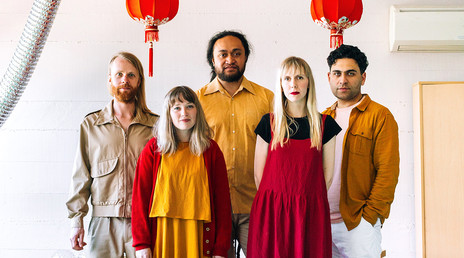
Will Sklenars, Deanne Krieg, Ben Lemi, Rose Blake, Hikurangi Schaverien-Kaa for Dawn Diver, 2020.
Photo credit:
Capital Magazine, Anna Briggs (photographer)
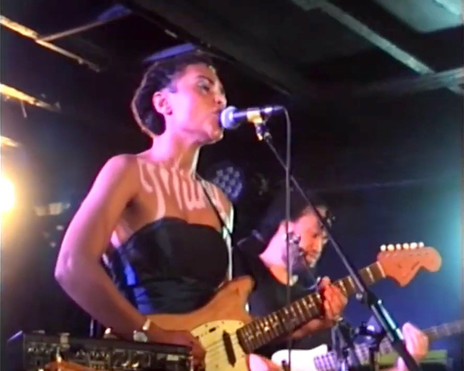
Estère performing at San Fran in Wellington, 2021, with Ben Lemi on synth and bass, and Cory Champion on drums.
Photo credit:
Chabs and Milky
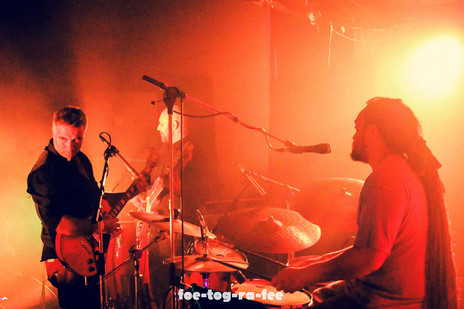
Trinity Roots performing at James Cabaret in Wellington, 2014.

Trinity Roots performing at the Oxford Arts Factory in Sydney, 2015.
Photo credit:
Edwin Sutphen Photography
Newtown Rocksteady live on the Bluebridge Ferry (2012)
Glass Vaults - Mindreader live for RNZ (2017)
Congress of Animals - Shine performed for RNZ (2018)
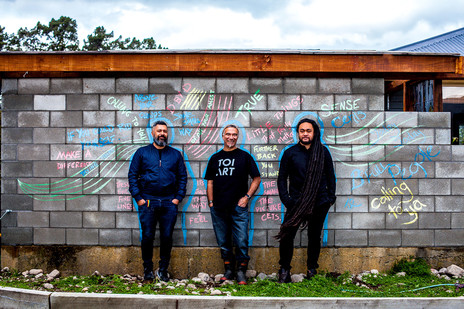
Trinity Roots in 2018.
Photo credit:
Vanessa Rushton Photography
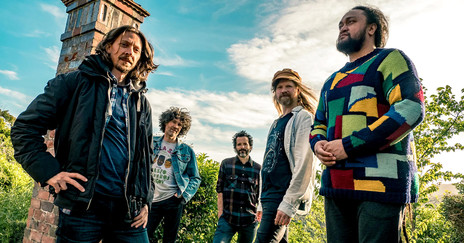
Age Pryor, Nigel Collins, Bret McKenzie, Justin "Firefly" Clarke and Ben Lemi as the Congress of Animals for the Strange Caravan Tour in 2018.
Photo credit:
Lee Gingold
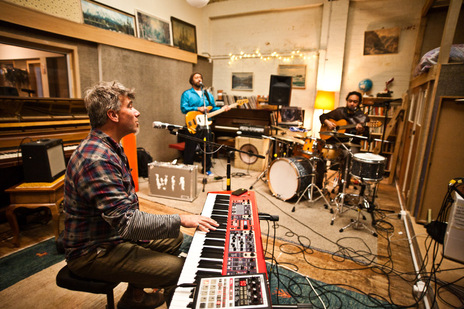
TrinityRoots recording at Blue Barn
Photo credit:
Photo by Pat Shepherd
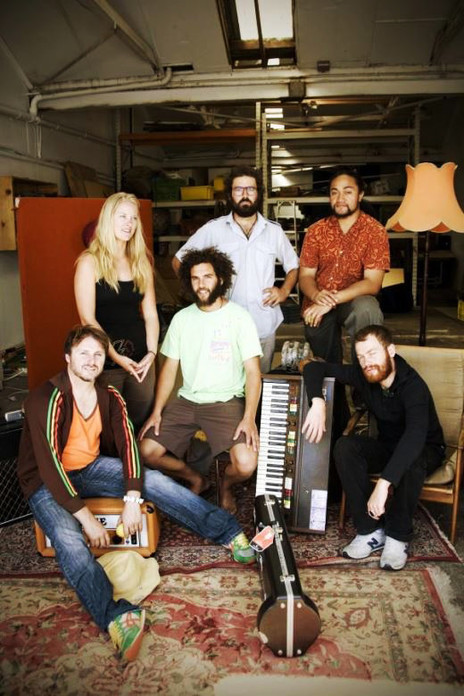
Hikoikoi: Paul Wickham, Jessie Moss, Maz Hermon, James Coyle, Ben Lemi, Mara TK, 2009.
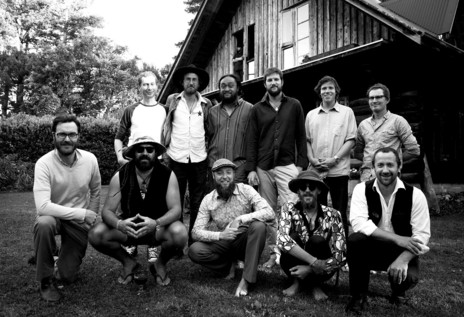
Newtown Rocksteady at the Mussel Inn (Onekaka, Golden Bay), 2015.
TrinityRoots - Citizen live at the Tuning Fork for RNZ (2015)
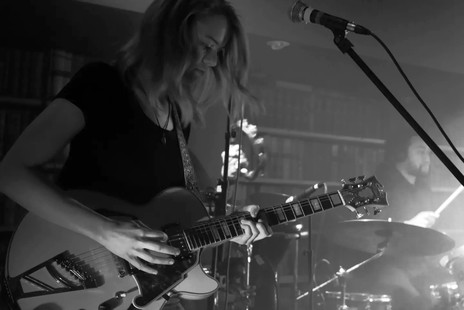
Emily Browning and Ben Lemi playing with The Adults in 2018 at Meow in Wellington.
Trinity Roots at the 13th Floor (2015)
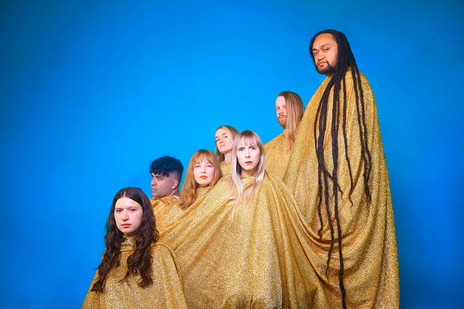
Dawn Diver is: Ben Lemi, Will Sklenars, Rose Blake, Louisa Williamson, Deanne Krieg, Hikurangi Schaverien-Kaa, Lily Shaw. 2021.
Photo credit:
Lily Paris West
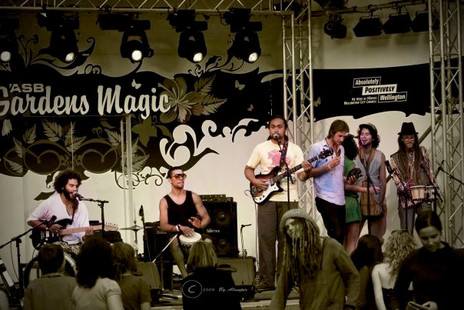
Roy G and the Bivinators in 2009 with Ben Lemi on bass.
Hikoikoi live at Luminate festival in Nelson (2010)
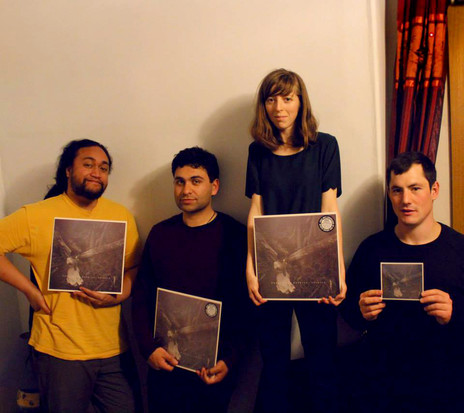
French for Rabbits in 2015 with their Spirits LP and CD.
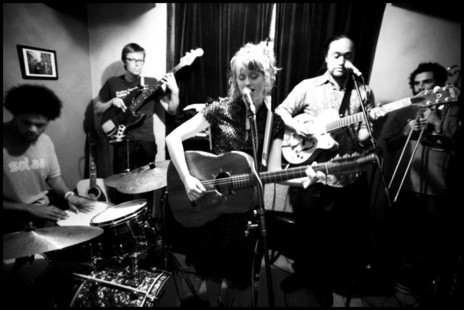
Myele Manzanza, Peter Hill, Hannah Howes, Ben Lemi and Maz Hermon in 2009.
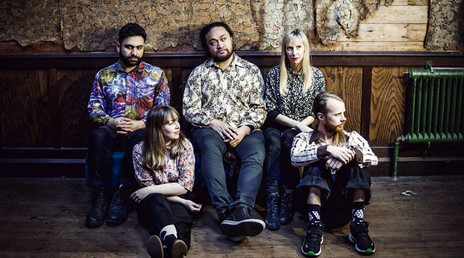
Dawn Diver.
Hikoikoi performing Vibraphone at Redbull Studios (2011)
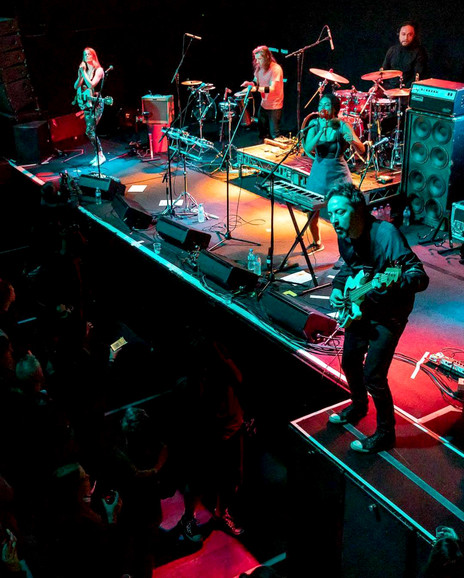
The Adults performing at the Powerstation in Auckland, 2018.
Trinity Roots live at Te Korakora - Matariki Festival 2022, Tāmaki Makaurau | Auckland Council
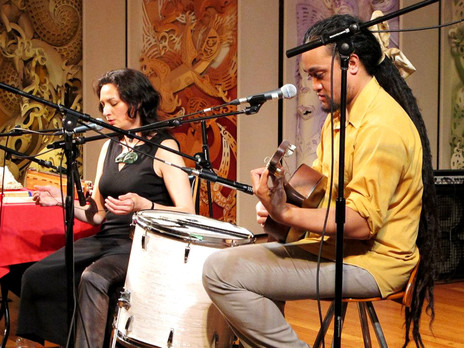
Ariana Tikao and Ben Lemi performing at Te Papa in 2012.
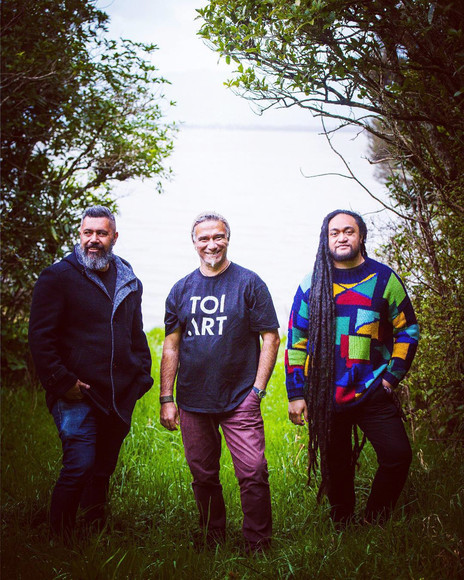
Trinity Roots in 2018.
Photo credit:
Vanessa Rushton
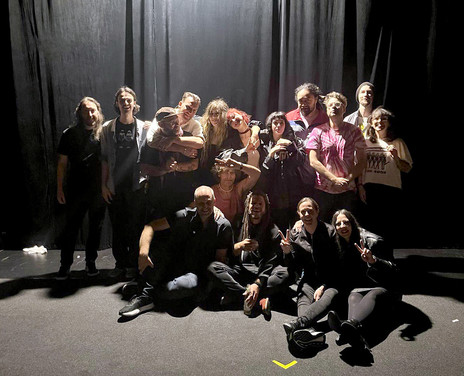
Vera Ellen, Reb Fountain and Voom at the Powerstation in 2024.
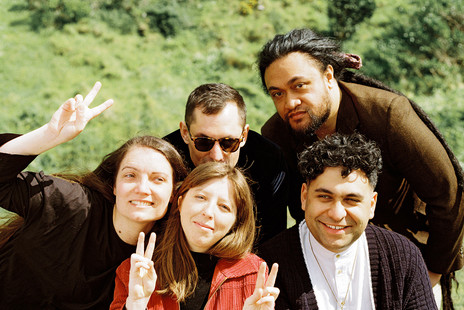
French For Rabbits, 2020. Clockwise from left: Penelope Esplin, John Fitzgerald, Ben Lemi, Hikurangi Schaverien-Kaa, Brooke Singer.
Photo credit:
Lily Paris West
Congress of Animals performing Burning Sun live at the Captain Cook Hotel with Ben Lemi on drums (2018)
Dawn Diver - Heavy Handed live at Performance Arcade festival in Wellington, 2019.
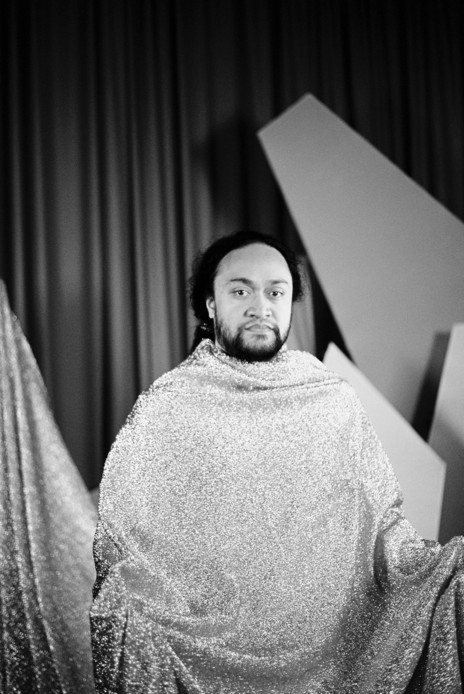
Ben Lemi
Photo credit:
Lily Paris West
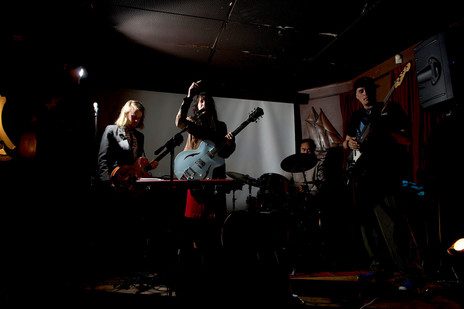
Johanna and the Mystery with Ben Lemi on drums at Chicks Hotel in Dunedin, 2012.
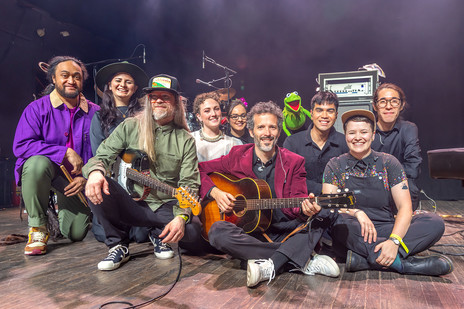
Bret McKenzie and his supporting band in New York at Webster Hall launching his album Songs Without Jokes, 2022.
Bret McKenzie live on KEXP with Ben Lemi on drums (2022)
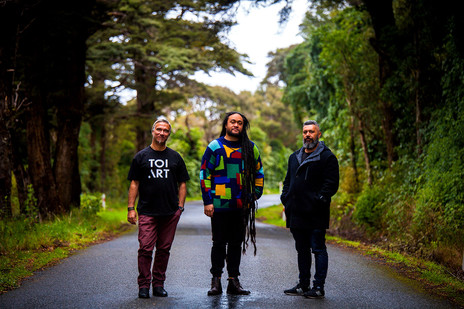
Trinity Roots in 2018.
Photo credit:
Vanessa Rushton
French for Rabbits live at the Vogelmorn Bowling Club, Wellington (2022)
Aura - Tended to Lie performed live on RNZ Music 101 with Ben Lemi on rhythm guitar (2019)
Dawn Diver - Warming to You live at San Fran, Wellington (2021)
Dawn Diver - Vampire's Predicament live at San Fran, Wellington (2022)
Matariki Festival 2012: Seven Sisters
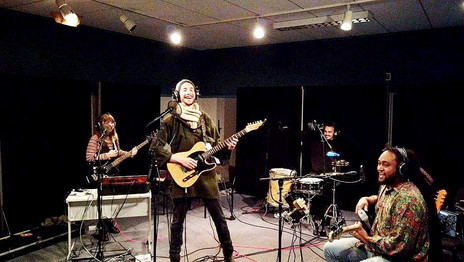
Ben Lemi with A.U.R.A (Albert River) live on RNZ Music 101 in 2019.
Photo credit:
Ben Lemi
Labels:
Lefse Records
Home Alone Music
Maiden Records
Holiday Records
Allgood Absolute Alternative Records
Links:
An enigma wrapped in a musician: A chat with Ben Lemi
Five Artists That Have Inspired Dawn Diver's Music
RNZ The Mixtape: Taite award winner Vera Ellen and producer Ben Lemi
Discography
